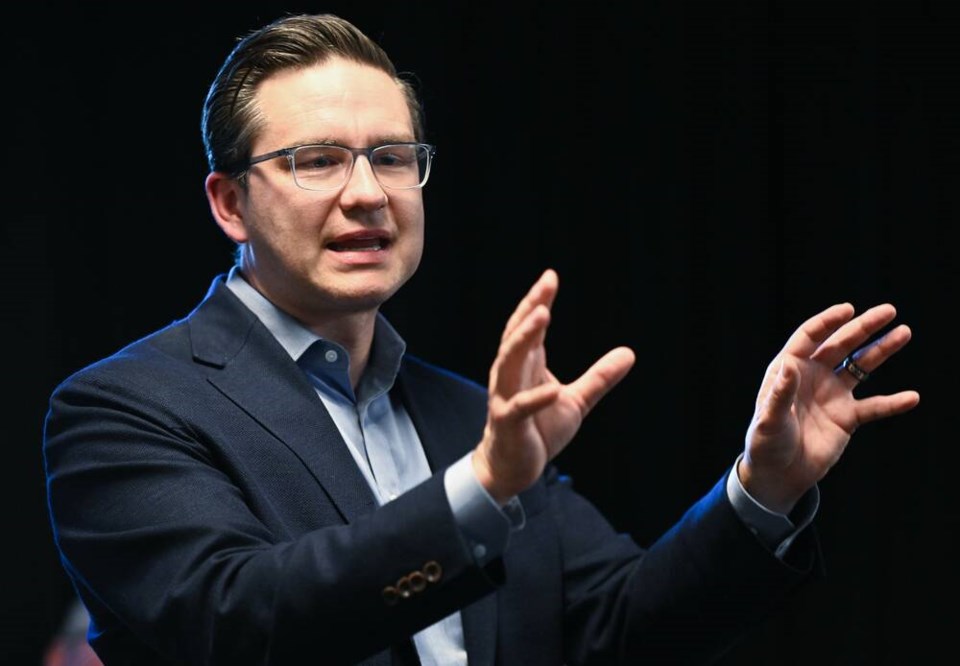So Pierre Poilievre is the new leader of the federal Conservative party, and more than that, he won with a commanding 68 per cent of the votes cast.
Yet that was probably the easy part. The more difficult question is whether he can win the prime ministership.
The difficulties he faces are apparent. As most contestants for their party’s leadership do, Poilievre appealed to its bedrock.
And that bedrock, located principally in the western provinces and centring in Alberta, lies well to the right of centre.
Thus Poilievre has promised sweeping tax cuts and expanded oil and gas production.
He proposes to cap government spending by demanding a dollar of savings for every new dollar spent.
He has nothing good to say about Canada’s Supreme Court or about the Bank of Canada’s interest rate policy.
He upheld the “Freedom Convoy” that took over Ottawa’s streets for three weeks, and told the truckers he was “proud of them.”
Controversially, he intends to force universities to protect academic freedom and free speech by naming a former judge as “Free Speech Guardian to protect Charter Rights on campus.”
And while he claims to be “pro-choice,” Poilievre has said he would allow a private member’s bill opposing abortion to come to the floor of the House.
Will a red-meat agenda of this sort appeal to undecided voters, most of whom are centrist by nature? Even flirting with the idea of reopening the abortion debate sounds like political suicide in most regions of the country.
It might not matter to Poilievre if he encounters the opposition of environmentalists or the academic community. Those he may consider a lost cause.
But polls suggest a majority of Canadians are looking for more government spending in areas such as health care and child support, not less.
So why did Poilievre adopt such a doctrinaire stance? Yes, that may be popular in the west.
Yet where else do Conservative supporters in those provinces have to go? Their votes are already in the bag.
And here the real problem rears its head. There have only been two occasions in the past 60 years when the Conservatives formed majority governments.
Brian Mulroney accomplished that feat in 1984, and Stephen Harper in 2011. Yet both times the preceding Liberal administrations had overstayed their welcome, and the country wanted change. These are rare events.
It’s difficult to avoid the conclusion that Canada, by and large, is a middle-of-the-road country with a slight leftward tilt. Conservatism, in its most unrestrained form, is rarely a winner.
Maybe Poilievre had his two predecessors, Erin O’Toole and Andrew Scheer, in mind.
Both attempted a degree of moderation in their platforms after gaining the leadership, and both lost elections they arguably might have won.
Perhaps. But there is a more plausible explanation for their losing efforts.
Neither man possessed the kind of charisma or passion needed to keep the party on board while moving to the centre. Compared with Justin Trudeau’s youthful likability, they came across as leaden.
So does Poilievre have the personal buoyancy to sweep aside doubts, as Mulroney did? Or can he project the measured calm that Harper employed to effect? With three years to go before the next federal election must be called, he’ll have his chance to show us.
Yet as things stand, it may be that the next election is Trudeau’s to lose, not Poilievre’s to win.
>>> To comment on this article, write a letter to the editor: letters@timescolonist.com



